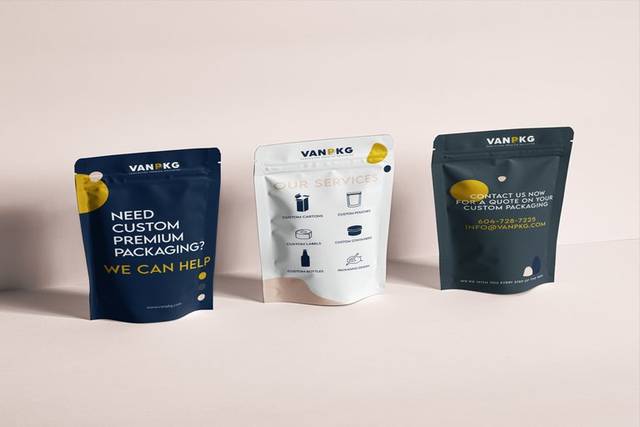In a modest warehouse in East Vancouver, a team of engineers and designers is working on what could be a game-changer for the packaging industry: a biodegradable material that matches — and in some cases exceeds — the performance of conventional plastics. The startup, EcoForm Solutions, says its product can decompose in under 12 weeks in standard composting conditions, leaving no microplastic residue.
EcoForm’s packaging is made from agricultural waste, including husks from wheat and rice, combined with natural resins. The result is a lightweight yet strong material that can be molded into everything from food containers to shipping materials. “We wanted to create something that works like plastic but doesn’t harm the environment,” said CEO and co-founder Alex Tan.
The innovation comes at a time when governments worldwide are tightening restrictions on single-use plastics. Canada’s own ban on certain plastic items, including checkout bags and cutlery, has pushed businesses to seek sustainable alternatives. EcoForm’s early clients include a national grocery chain and several West Coast restaurants that have already switched to the new packaging for takeout orders.
In performance tests, EcoForm’s product proved to be heat-resistant, waterproof, and durable enough for multiple uses. It can also be produced at scale without the high carbon footprint associated with petroleum-based plastics. “Our process uses 40% less energy than traditional plastic manufacturing,” Tan explained.
Environmental advocates have praised the development but caution that even biodegradable products require responsible disposal. “Compostable materials still need proper facilities to break down efficiently,” said Dr. Marina Lopez, a waste management specialist. “The key is to pair innovation with infrastructure.”
EcoForm is now seeking additional funding to expand production capacity and explore international markets. Interest has already come from Europe and Southeast Asia, where demand for sustainable packaging is rapidly growing. The company is also researching a marine-degradable version of its material aimed at reducing ocean pollution.
For Tan and his team, the ultimate goal is to make sustainable packaging the default choice. “We’re not just replacing plastic,” he said. “We’re trying to change the way people think about the lifecycle of the products they use.” If EcoForm’s vision becomes reality, the humble shipping box or takeout container could soon be part of a global shift toward cleaner, greener consumption.
